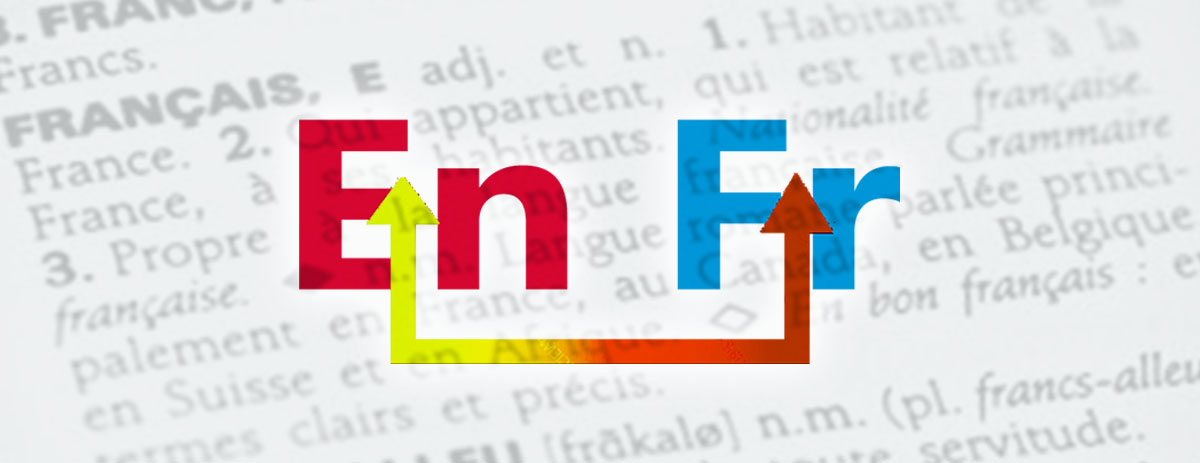Apprentissage PAC
en construction
Définition
XXXXXXXXX
Français
XXXXXXXXX
Anglais
PAC learning
Probably approximately correct learning
In computational learning theory, probably approximately correct (PAC) learning is a framework for mathematical analysis of machine learning. It was proposed in 1984 by Leslie Valiant.[1]
In this framework, the learner receives samples and must select a generalization function (called the hypothesis) from a certain class of possible functions. The goal is that, with high probability (the "probably" part), the selected function will have low generalization error (the "approximately correct" part). The learner must be able to learn the concept given any arbitrary approximation ratio, probability of success, or distribution of the samples.

Contributeurs: Isaline Hodecent, wiki






